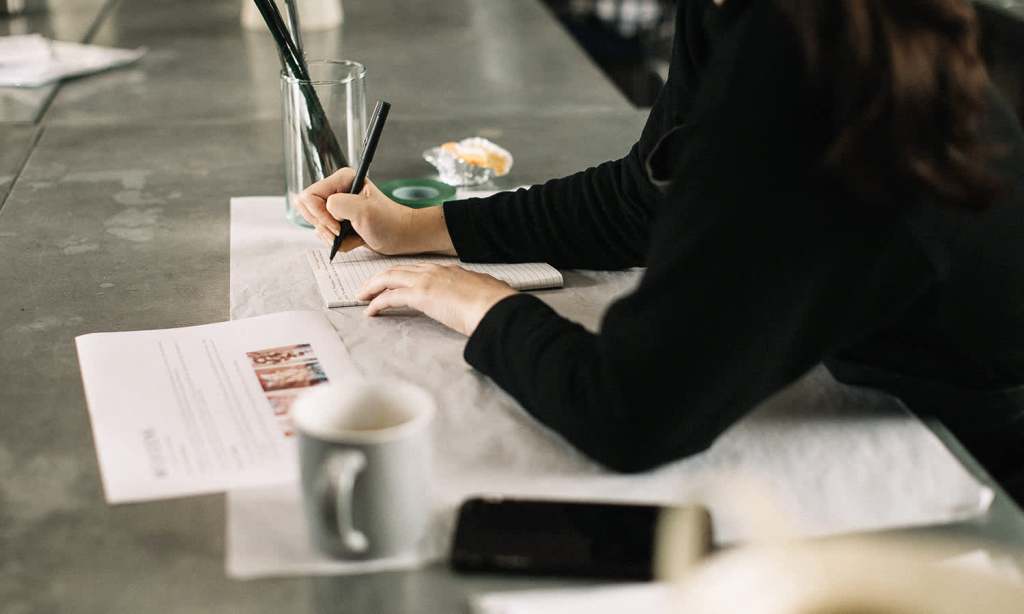Why does it always seem to take us a good month or so to get into the habit of writing the correct date when signing documents in the new year?
At this early stage in 2020 you’re forgiven for still signing your forms with a ’19’ (or trying to convert a 19 into 20…), but before you change your habits for good, be sure to take note of this crucial advice.
In the dawn of a new decade, the NYPD has warned of abbreviating the year 2020 to ’20’ when signing official documents.
According to auditors and authorities, the two numbers on their own present a unique opportunity for scammers to exploit and manipulate unsuspecting people, leaving them vulnerable to fraud.
You see, the last two digits of the current year (20) are also the first two digits of this century. So if a scammer wanted to mess with you, all they’d have to do is add another two digits to the end of the date to modify the appeared date of signature — either to a past date (2019) or future date (2021).
For example, a cheque signed ‘8/1/20′ could easily be changed with an added ’19’ or ’21’ on the end. Someone with ill intent might make this change to try and cash in a stale cheque.
There are many other ways these sneaky date changes can pose a financial risk, but hey, we’re not in the business of handing out ideas to crooks.
The takeaway is clear, though: Do not abbreviate the date on your forms in 2020. Form your good habits now and write out the date in full.







